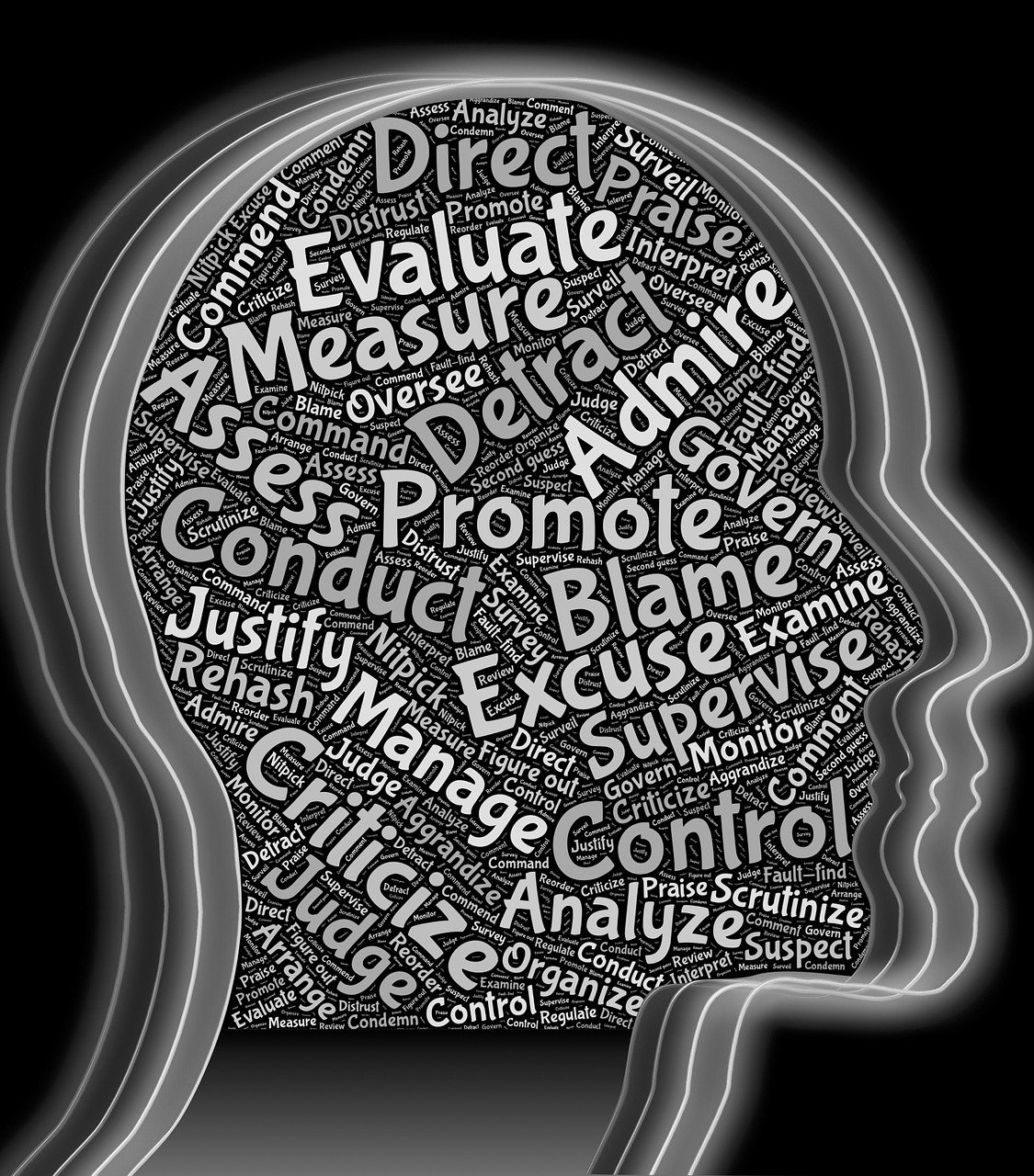“There is only one way to avoid criticism: do nothing, say nothing, and be nothing.”
-Aristotle
Handling criticism has always been a struggle for me, probably more than for most people.
I, like many, used to get defensive at the slightest hint of feedback, feeling like I was under attack.
It was like I wore a “victim” label, refusing to own up to my mistakes or acknowledge any room for improvement.
But I’ve come to understand that criticism is essential for growth.
It’s not about being attacked; it’s about breaking out of our comfort zones and becoming better versions of ourselves.
One of my triggers used to be the question, “Why do you do it that way?” It would instantly put me on the defensive, ready to argue my case. However, I’ve learned some valuable tips along the way to handle criticism more constructively.
“As a matter of fact, we are none of us above criticism; so let us bear with each other’s faults.”
-L. Frank Baum
Firstly, I try my best not to be defensive. It’s a choice I make now. Getting defensive only proves my inability to respect others’ viewpoints. So, when someone offers criticism, I try to stay calm and listen.
Secondly, I’ve learned to pause before reacting. Reacting impulsively often leads to regrets. I’ve been called “highly reactive” before, and I’ve seen the truth in that. Now, I give myself time to process before responding.
Taking responsibility is another crucial step. When I’m at fault, I own up to it. Playing the blame game doesn’t help anyone. Accepting responsibility shows maturity and a willingness to learn.
Criticism is also an opportunity for insight. It’s a chance to gain valuable perspectives and improve. Asking questions and seeking feedback can lead to growth and better outcomes in the future.
Lastly, I remind myself not to take criticism personally. It’s not an attack on who I am but rather an evaluation of what I’ve done. Understanding this distinction helps me detach emotionally and focus on learning from the feedback.
Learning to handle criticism constructively is an ongoing journey for me, as it is for everyone. But I’ve come to see it as an opportunity for growth rather than a threat to my ego. Embracing criticism allows us to evolve and become better versions of ourselves
As with any behaviour, it’s a choice.


